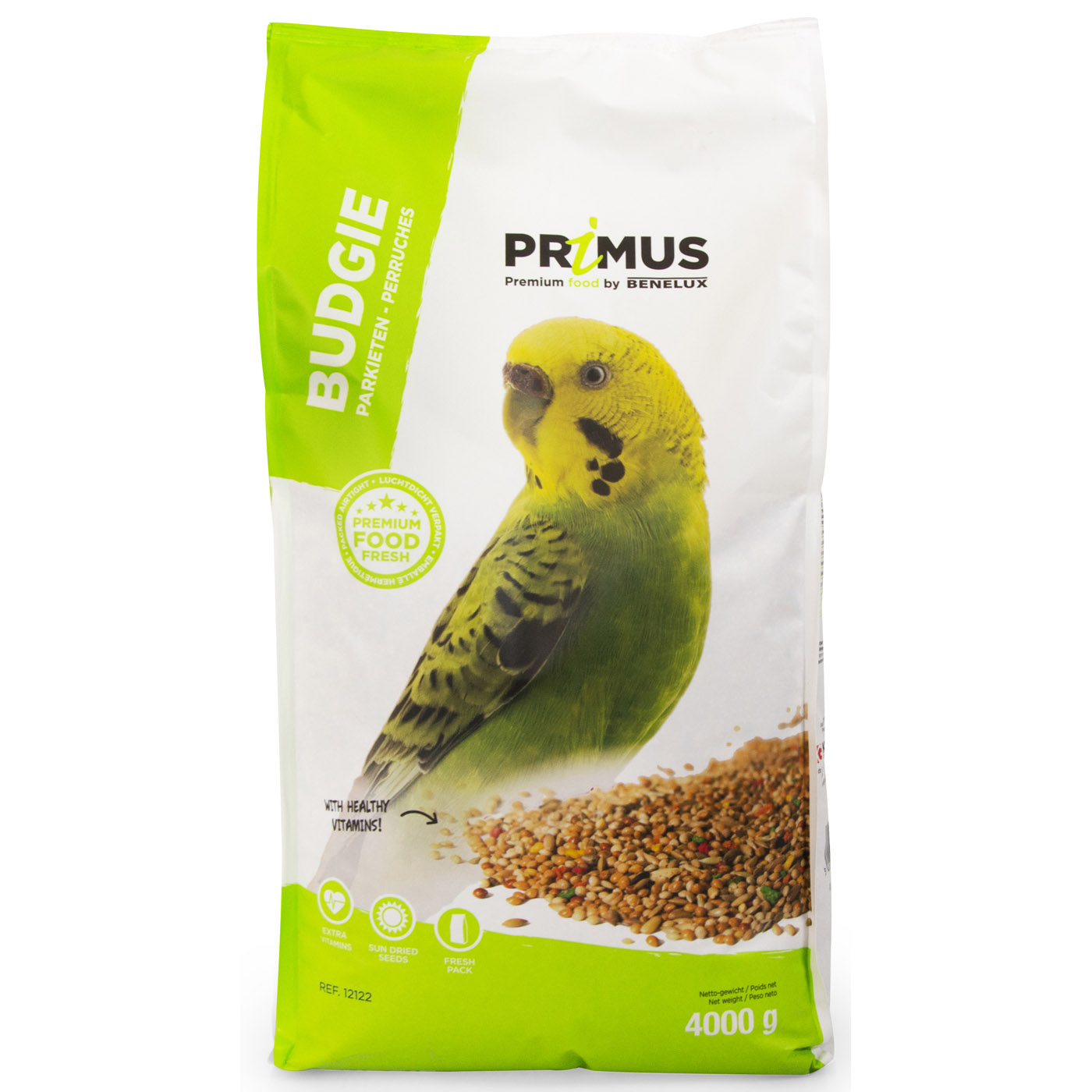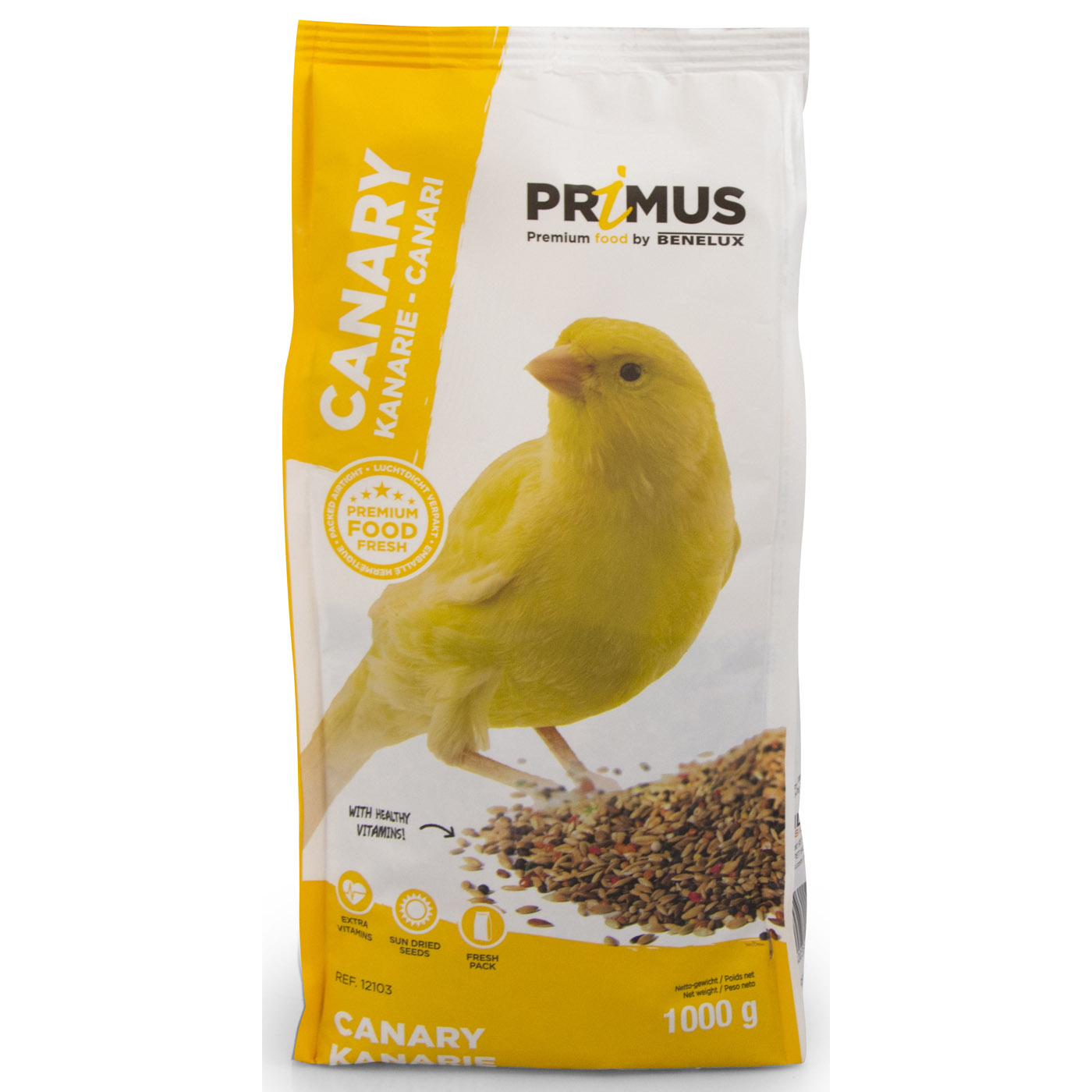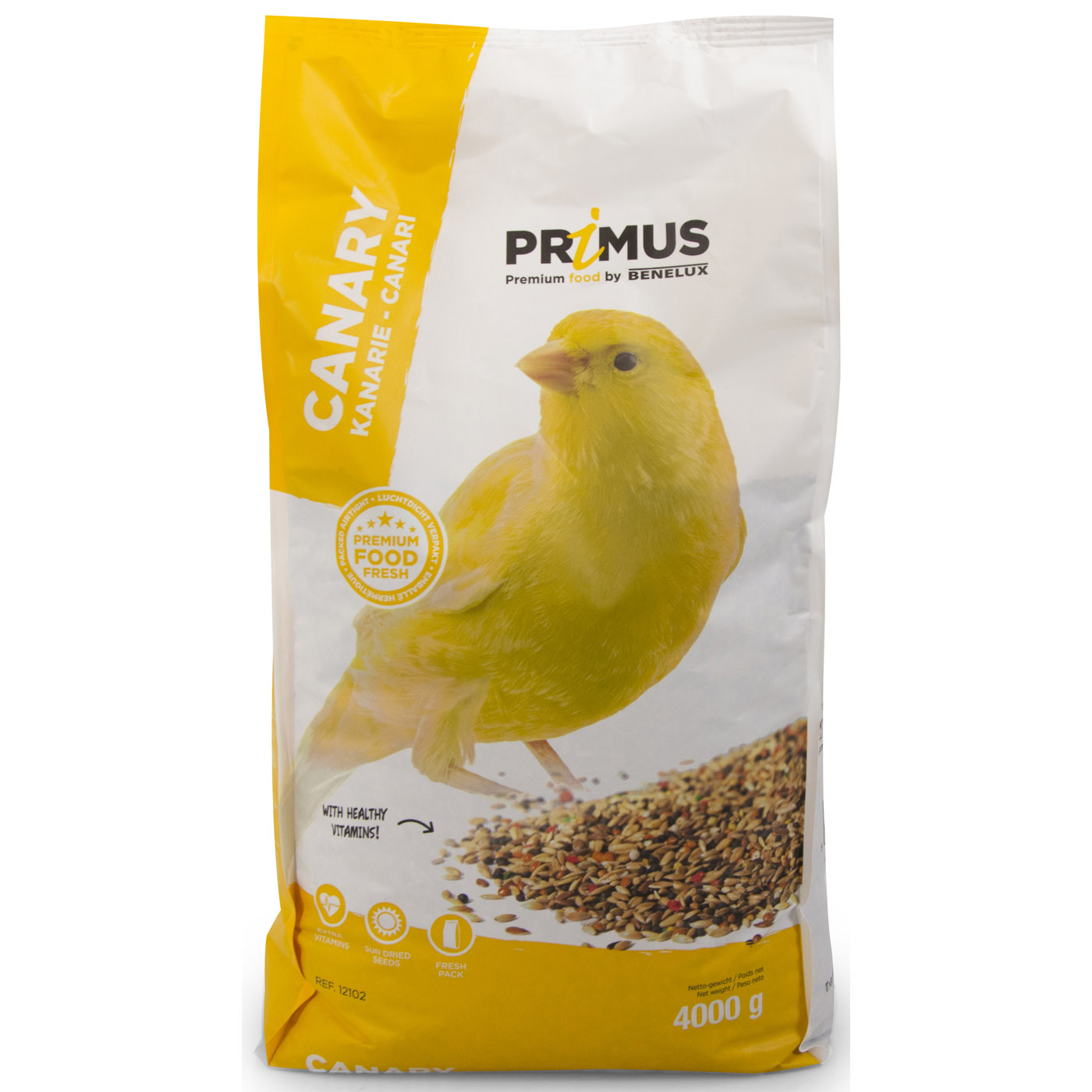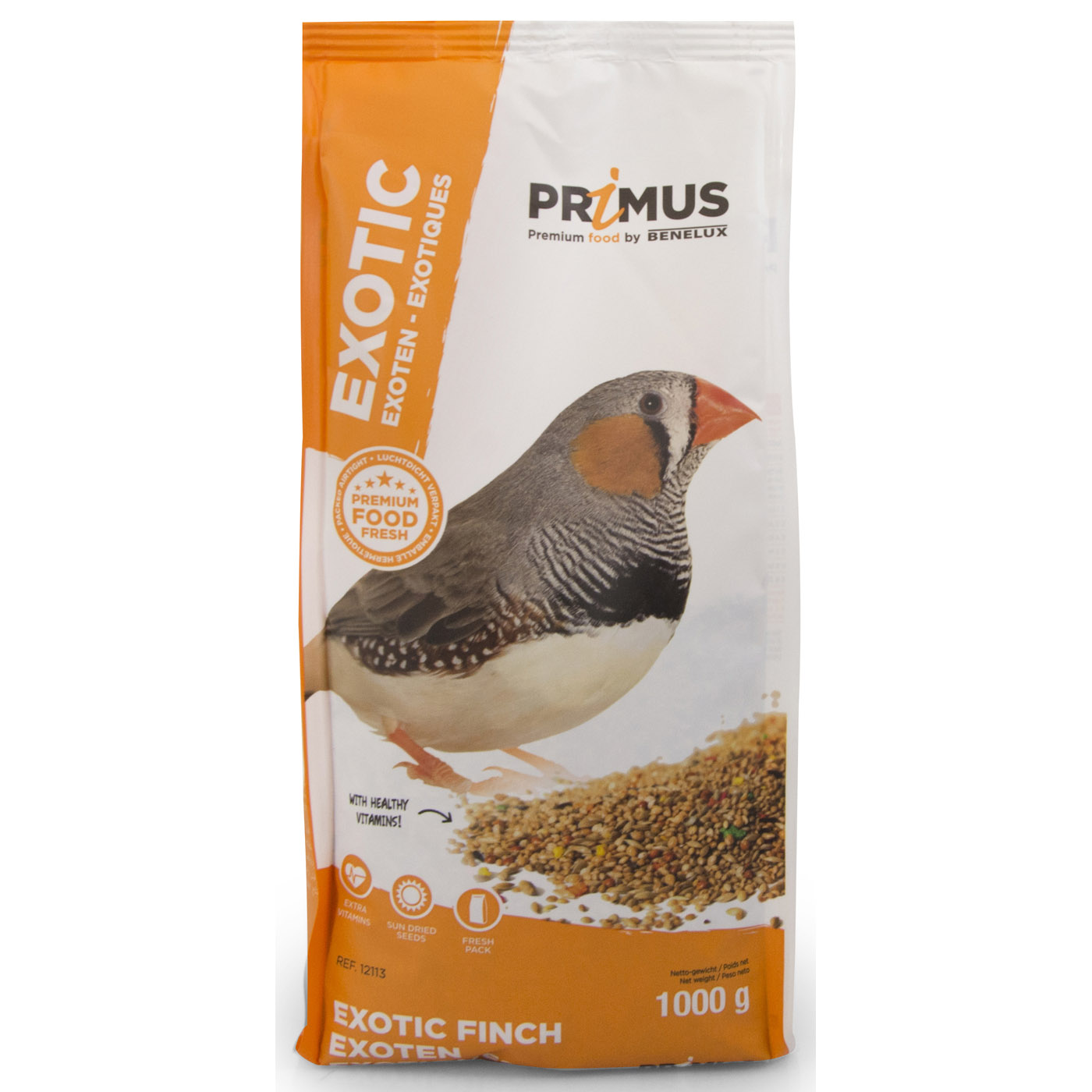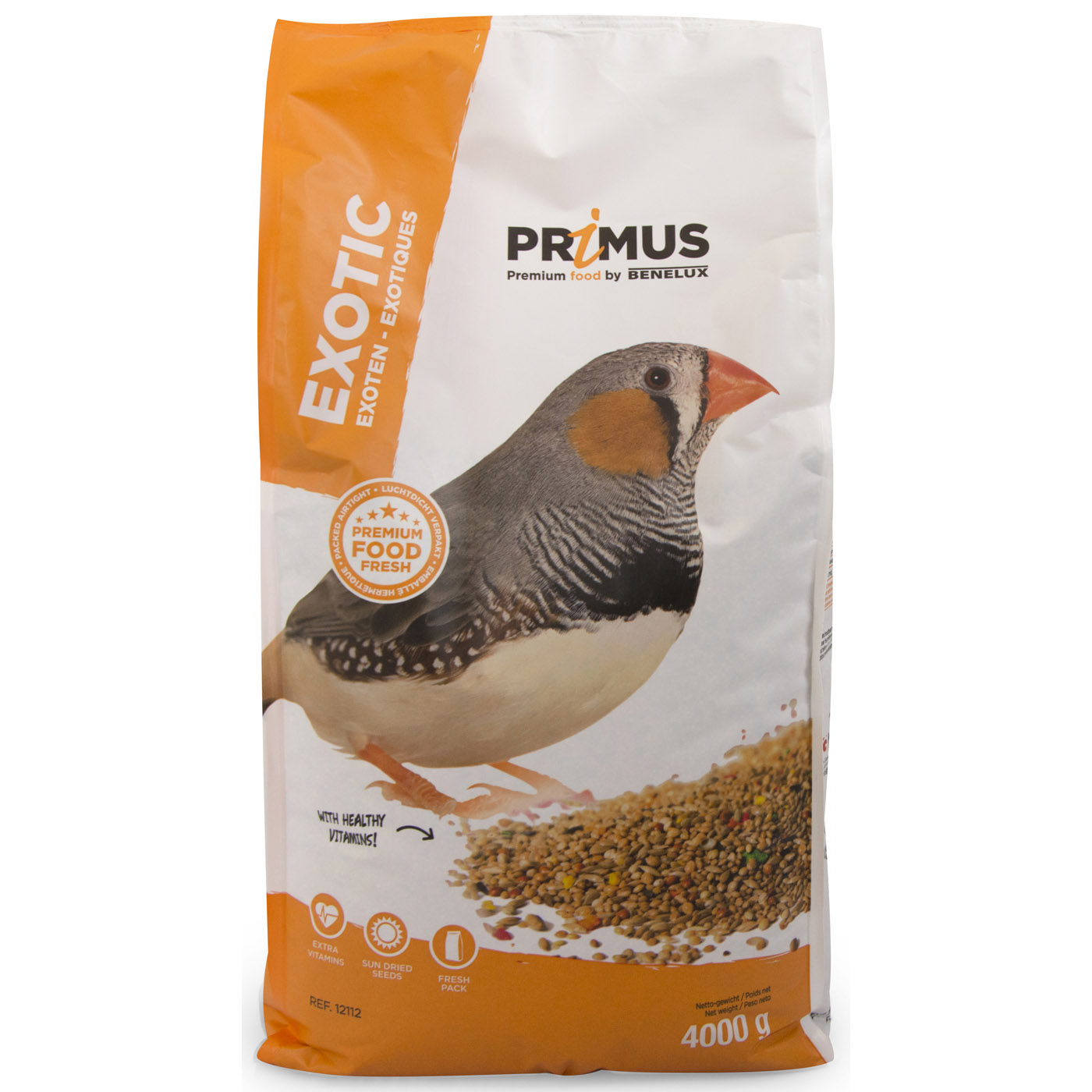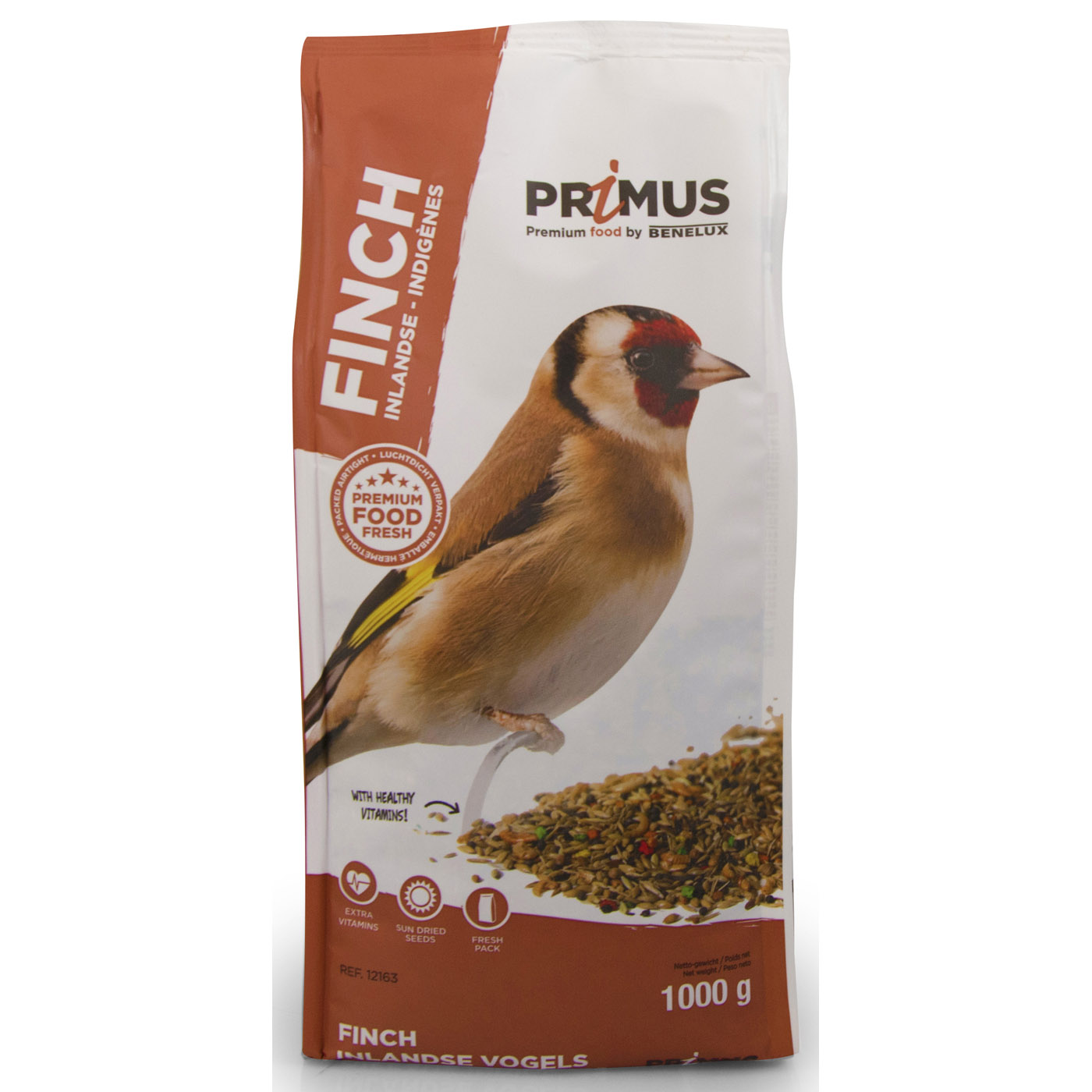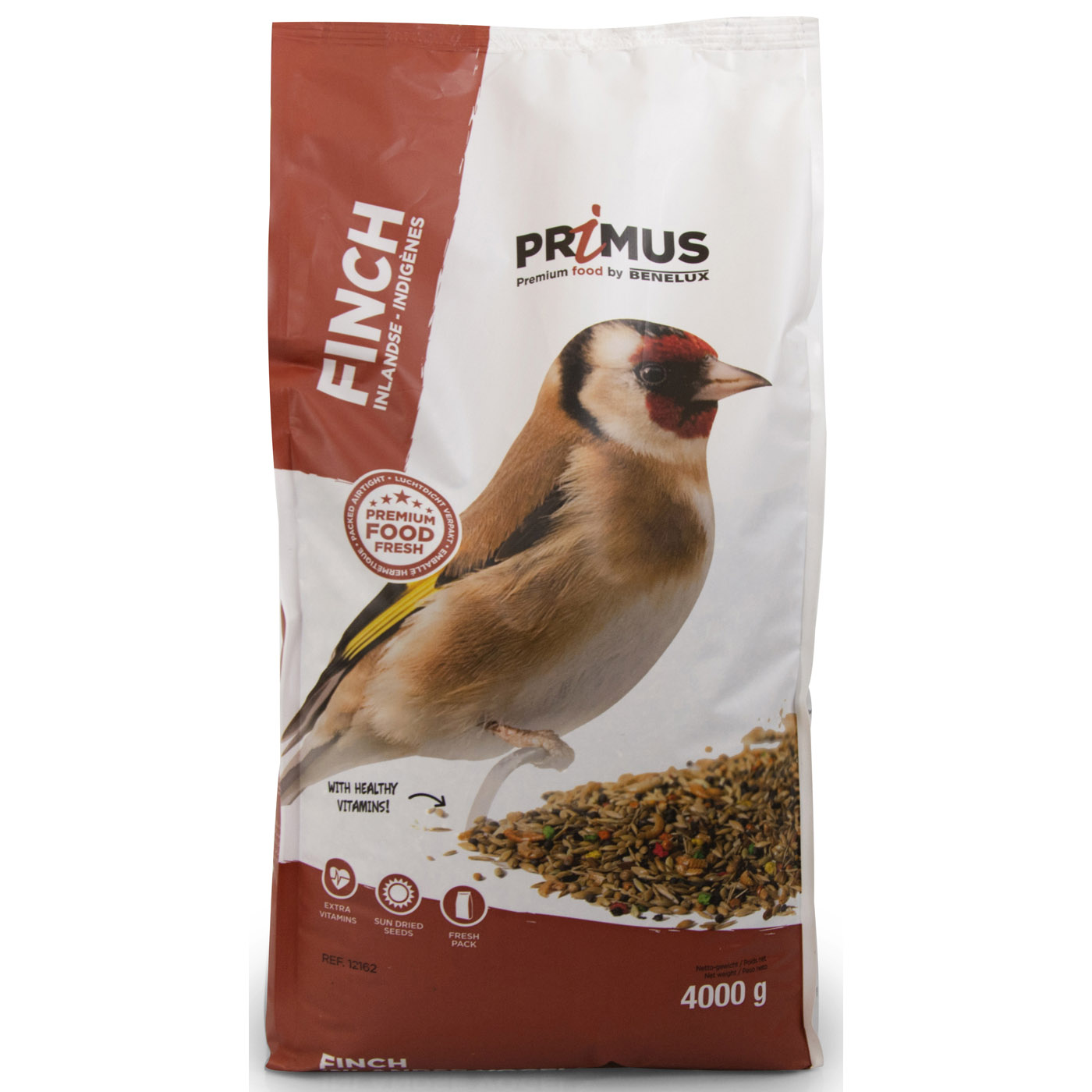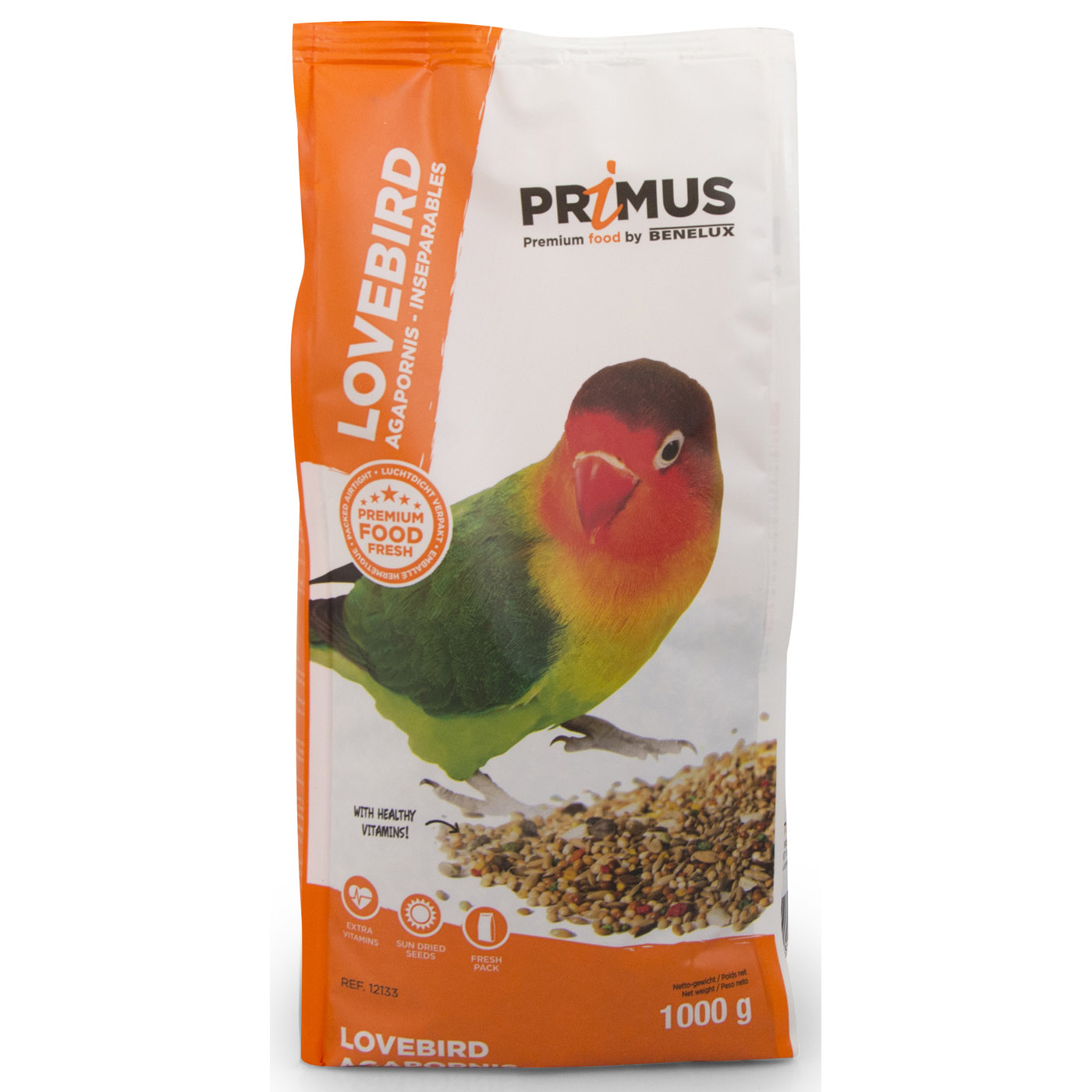The ideal food for ornamental birds
The importance of proper nutrition for ornamental birds
Ornamental birds are sensitive animals that need proper care. One of the most crucial aspects of this care is nutrition. Proper nutrition is essential for their health, well-being and even their plumage. We take a closer look at which nutrients are indispensable for your feathered friends and provide some tips for a balanced diet.
Essential nutrients and why they are important
Ornamental birds need a wide range of nutrients, including proteins, fats, vitamins, minerals and water. Proteins are crucial for growth and feather repair, while fats provide energy and help with the absorption of certain vitamins. Vitamins such as A, D, and E are vital for various body functions, including the immune system and reproduction. Minerals such as calcium play a role in the development of strong bones and healthy plumage.
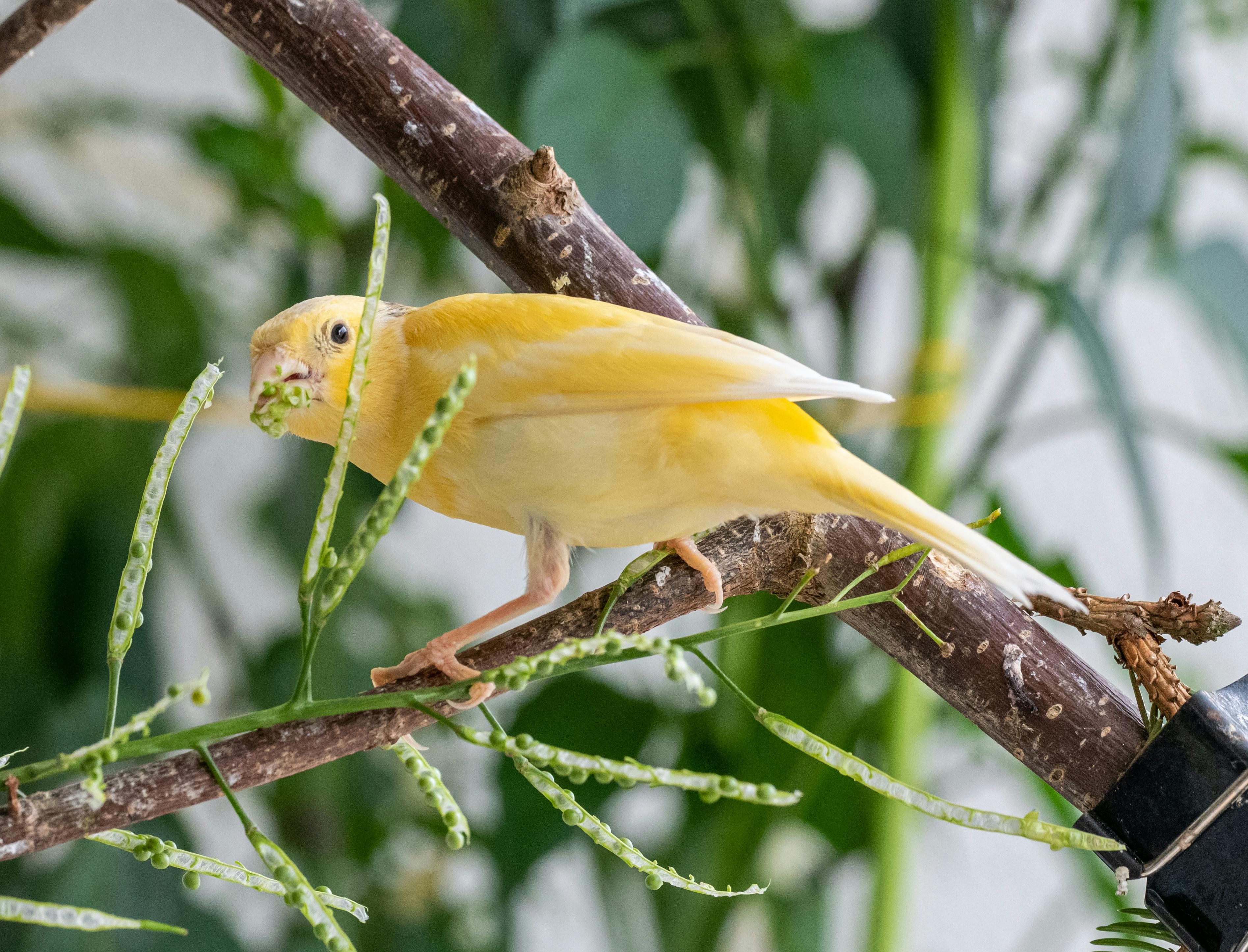
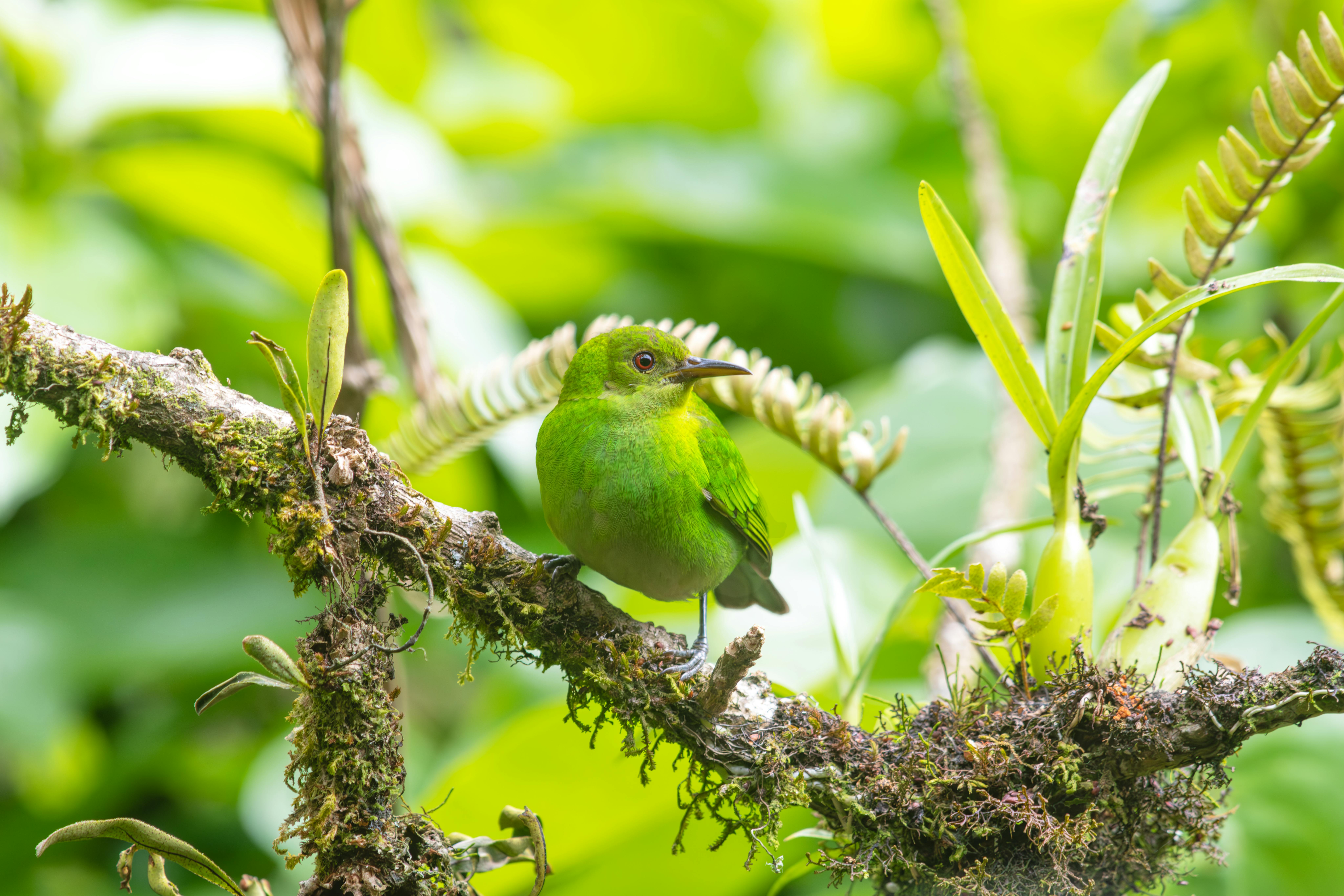
What to feed: a guide to ornamental bird nutrition
The diet for ornamental birds should be varied and balanced to meet all their nutritional needs, with a particular focus on the right balance of seeds and pellets. Seeds are a traditional part of many bird diets, mainly because they are rich in fats and some proteins, making them very attractive to many bird species. However, seeds alone are often not sufficient for a complete diet because they lack certain essential nutrients, such as certain vitamins and minerals, and they can be too high in fat.
Pellets, which are often formulated to provide a complete and balanced diet, can be an excellent supplement or even a replacement for seeds. Incorporating pellets into the diet helps prevent nutritional deficiencies and promotes better overall health.
Although adding fresh fruits and vegetables to your bird's diet can provide additional vitamins and minerals and increase the variety and palatability of meals, it is essential to keep seeds and pellets as the core of the diet. It is crucial to know which fruits and vegetables are safe for birds, as some items such as avocado, chocolate and caffeine can be harmful. Therefore, when composing the diet of ornamental birds, the emphasis should be on a balanced mix of high-quality seeds and pellets, supplemented with suitable vegetables and fruits in moderate amounts.


